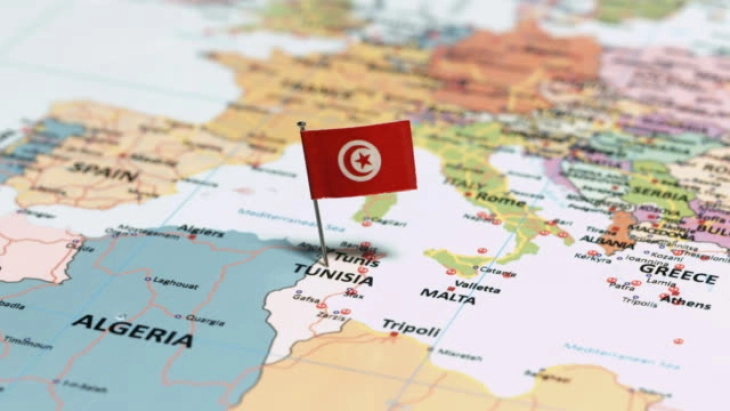Doubts on migration deal after Tunisia rejects EU aid as 'charity'
- Tunisia has rejected financial aid offered by the European Union to help stem the flow of irregular migrants and stabilize the country's budget.

Tunis, 3 October 2023 (dpa/MIA) – Tunisia has rejected financial aid offered by the European Union to help stem the flow of irregular migrants and stabilize the country's budget.
"Tunisia, which accepts cooperation, does not accept anything that resembles charity or handouts," President Kais Saied said at a meeting with Foreign Minister Nabil Ammar in Tunis on Monday evening.
"Tunisia and its people do not seek sympathy, but rather reject it if it lacks respect," Saied added.
This was not because of the small amount offered, but because the proposal contradicted a memorandum of understanding agreed with the EU in 2022.
More than a week ago, the European Commission announced a payment of €127 million ($134 million) to block major migration routes passing through Tunisian territory and boost the economy.
Around €67 million was linked to a controversial migration deal, with €60 million in budget support.
Saied's remarks have cast doubt on a major deal on migration.
Under a declaration of intent agreed in July, Tunisia was to have received up to €900 million in return for stronger action to counter people traffickers and boat migration.
In mid-September, Tunisia denied entry to a European Parliament delegation without providing a reason.
The European Parliament expressed its anger at the decision and demanded an explanation. "This conduct is unprecedented since the democratic revolution in 2011," it said in a statement on September 14.
Observers believe criticism by members of what they see as an increasingly authoritarian trend in Saied's rule was behind the decision.
Tunisia is one of the main transit countries for refugees from Africa heading to Europe. Saied stressed that Tunisia is making every effort to dismantle the criminal networks involved in human trafficking.
The EU Commission wants to ensure that fewer smuggling boats come to Italy via Tunisia.
Photo: MIA archive







